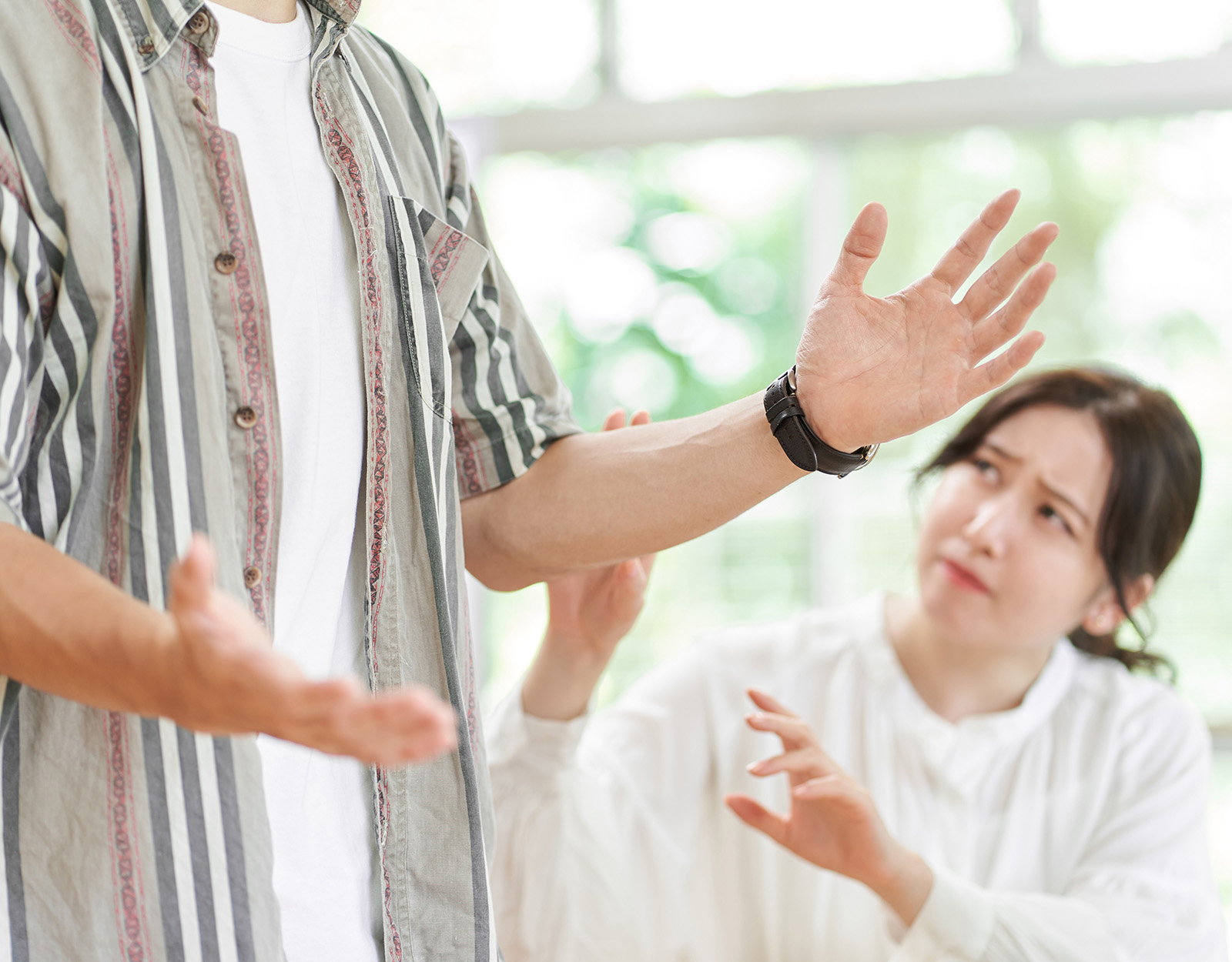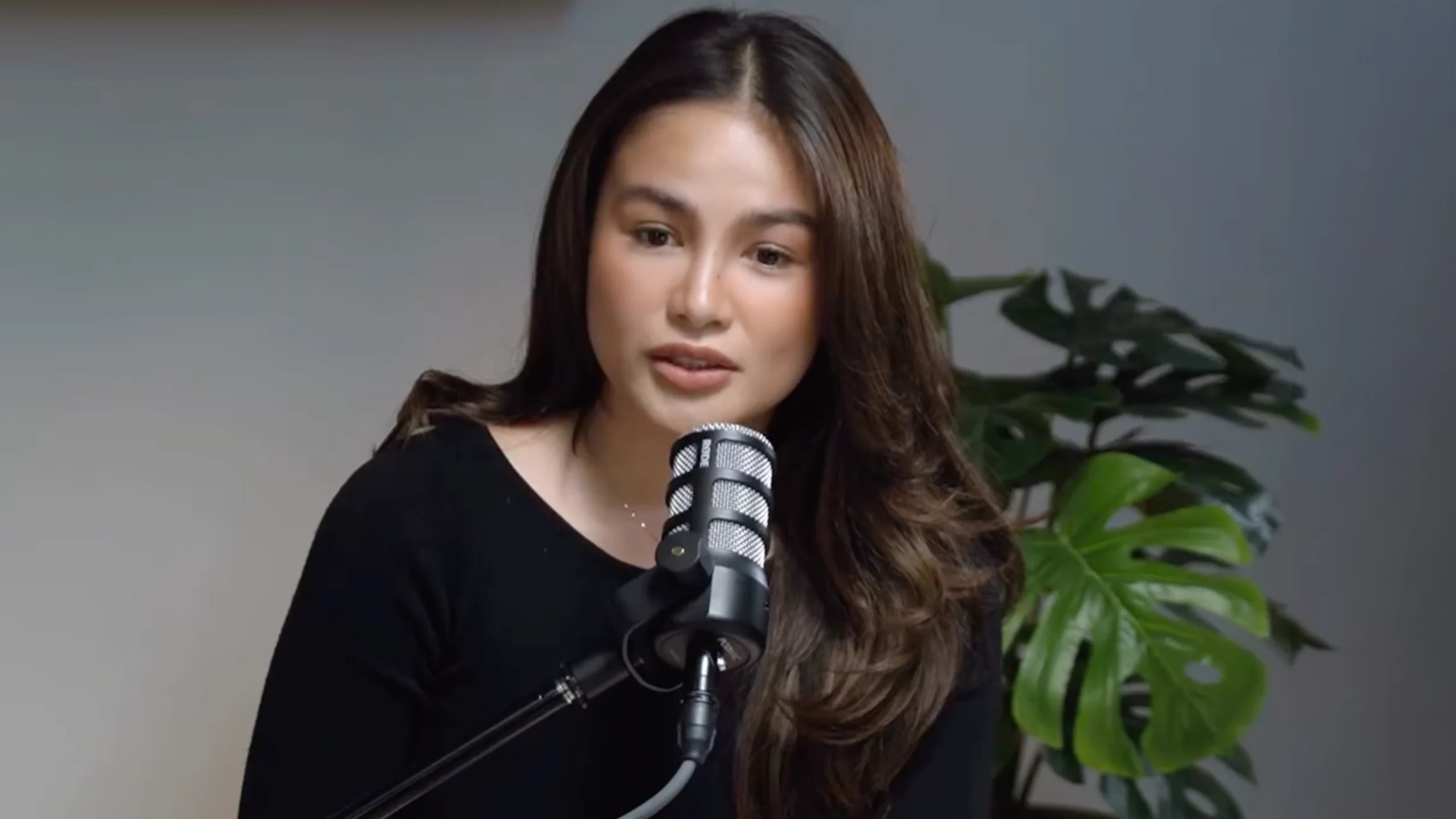Supreme Court Reminds Parents: You Can Be Held Liable for Humiliating Children
The Supreme Court reminds parents and adults that they can be liable for humiliating children under the Anti-Child Abuse Law.
It’s one to reprimand children but to humiliate is a different story. And yes, you can actually go to court for it. This was the reminder of the Philippine Supreme Court to parents and adults when they released a decision about parents, guardians, and adults for giving harsh punishment to their kids, which may lead to public humiliation.

What was the case about?
The Supreme Court released in August a decision about a married couple guilty of harassing, intimidating, and spreading false rumors about their son’s rumored girlfriend and parents.
The couple, Melchor and Yolanda Dorao, found themselves liable under Articles 22 and 26 under the Civil Code. They were identified as the parents of Paul, who had a special friendship with a certain “AAA.”
According to the complaint, the parents of AAA known as BBB and CCC sought protection from the couple for their daughter’s privacy after the Dorao couple started spreading rumors about her and accusing of her things such as being a flirt.
AAA and Paul became good friends in school and had a mutual understanding. But when the Darao couple found out about their friendship, they started harassing her and making her feel uncomfortable. Her parents claimed that AAA started having sleepless nights and feeling depressed. They also pointed out that AAA tried to end her life and drop out of school according to the decision.
The Darao couple denied the accusations. They also claimed that there was no basis as they were exercising their right to protect their son. But the court said otherwise.

Supreme Court Reminds Parents of Anti-Child Abuse Law
In 2015, a La Union Court ordered the Darao couple to pay PHP 30,000 in moral damage plus other fees to BBB and CCC’s family. The case was appealed but the Court of Appeals sided with the aggrieved party. The Supreme Court also upheld the decision, citing from the Constitution “The State defends the right of the children to assistance, including proper care and nutrition, and special protection from all forms of neglect, abuse, cruelty, exploitation, and other conditions prejudicial to their development.”
Supreme Court Associate Justice Marvic Leonen, who penned the 21-page decision, emphasized the Anti-Child Abuse Law which penalizes all forms of abuse. The Philippines is also a state party to the United Nations Convention on the Rights of the Child.
“The best interest of a child cannot justify forms of cruel or degrading punishment which conflict with a child’s human dignity, 1 including ‘punishment which belittles, humiliates, denigrates, scapegoats, threatens, scares or ridicules a child.’ 2. A person who debases, degrades, or demeans the child’s intrinsic worth and dignity as a human being can be held liable for damages pursuant to Articles 21 and 26 of the Civil Code.”
Humiliating is not the answer
While we all have different ways of disciplining our children, humiliating them is never the answer. We always have to remind ourselves that while we have the best interest of our child, there are ways of treating their friends right.
Let’s remember that the way we treat others shows the kind of people we are. After all, we don’t want to be humiliated in front of others, right?
Here’s a rundown of explainers to read!
Supreme Court Considers Marital Infidelity as a Form of Violence Against Women









